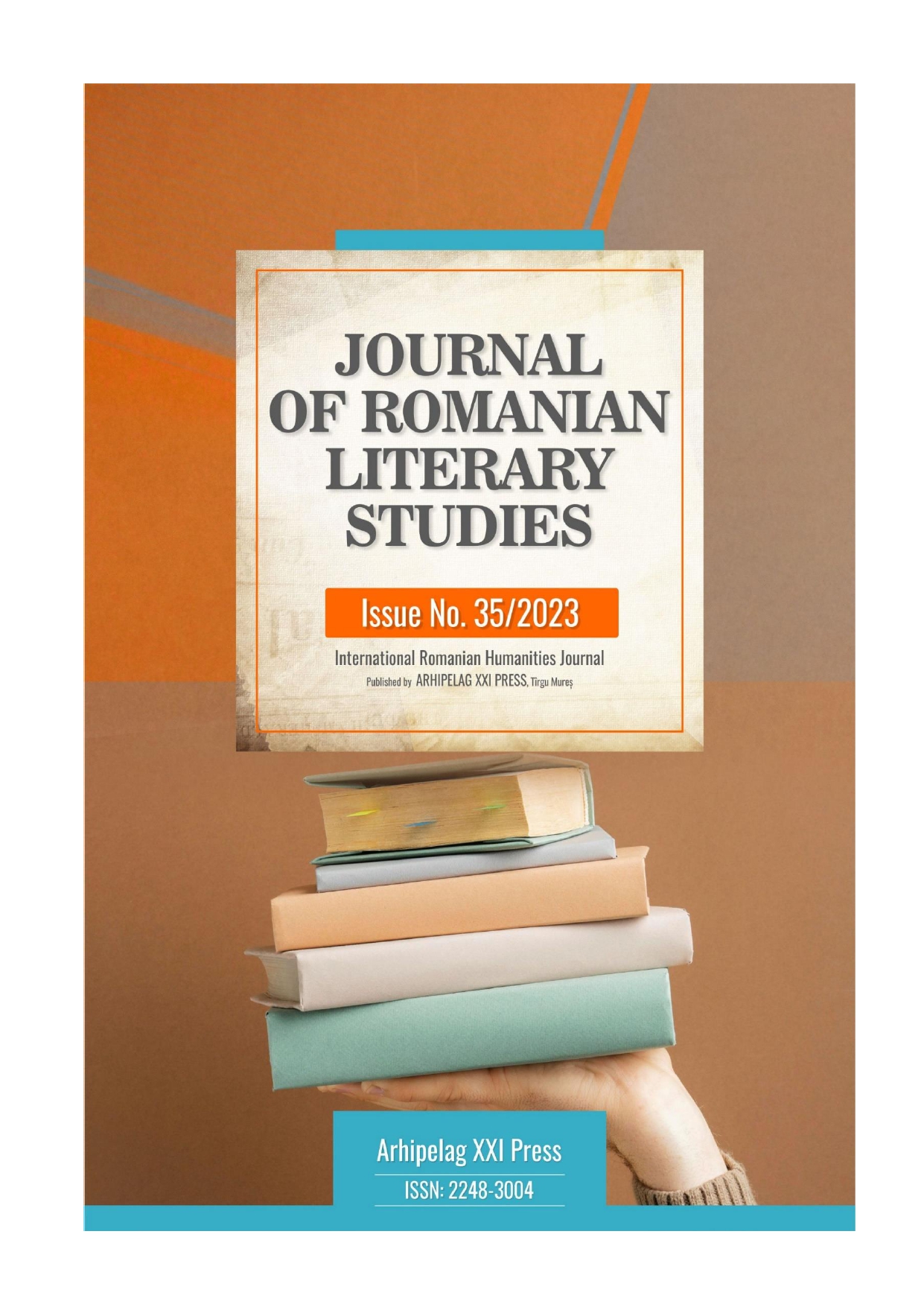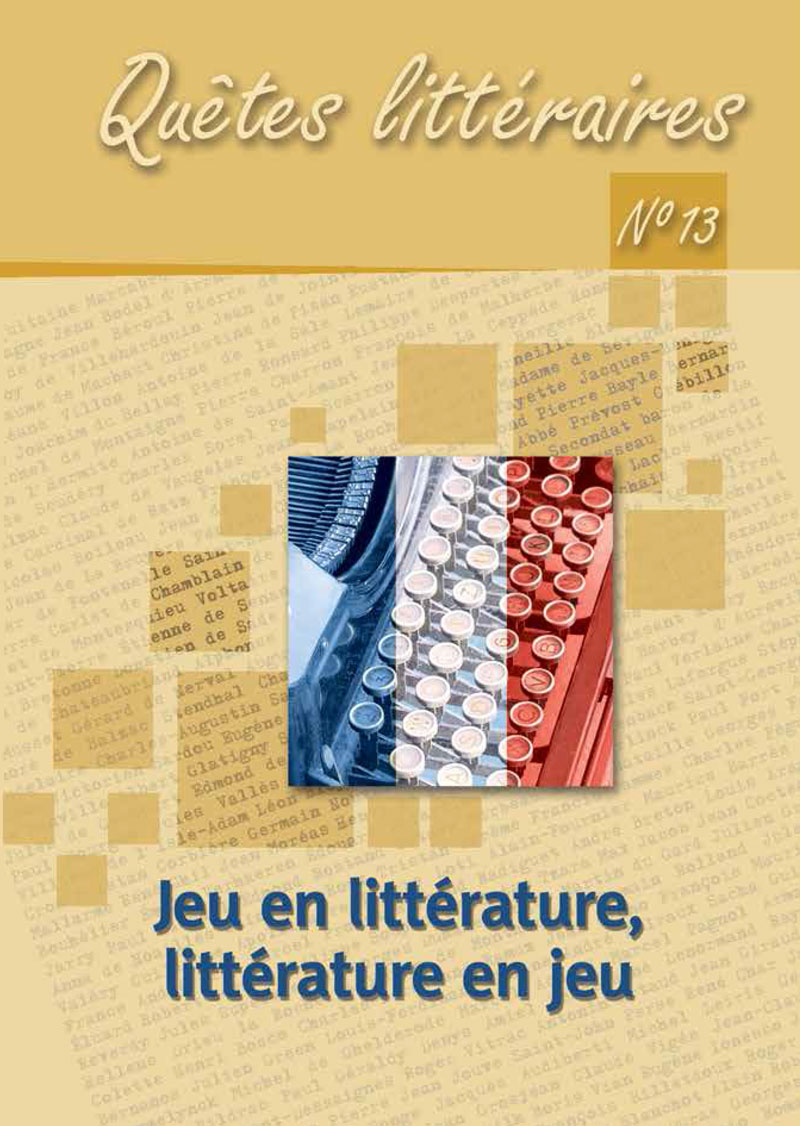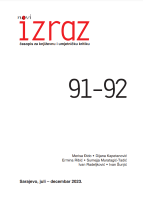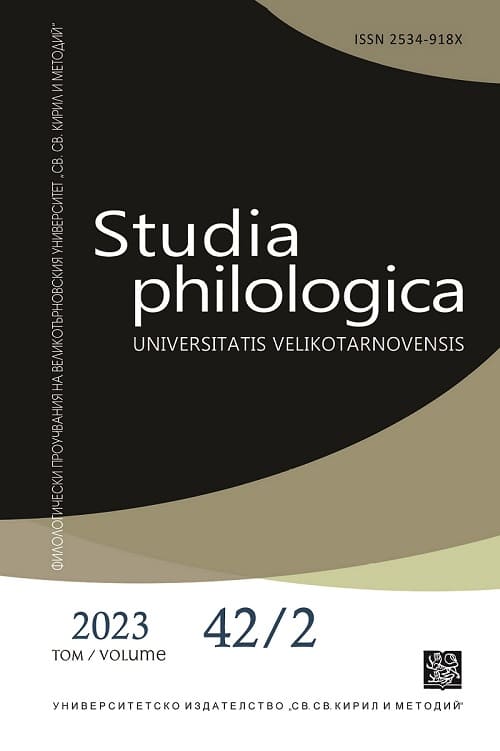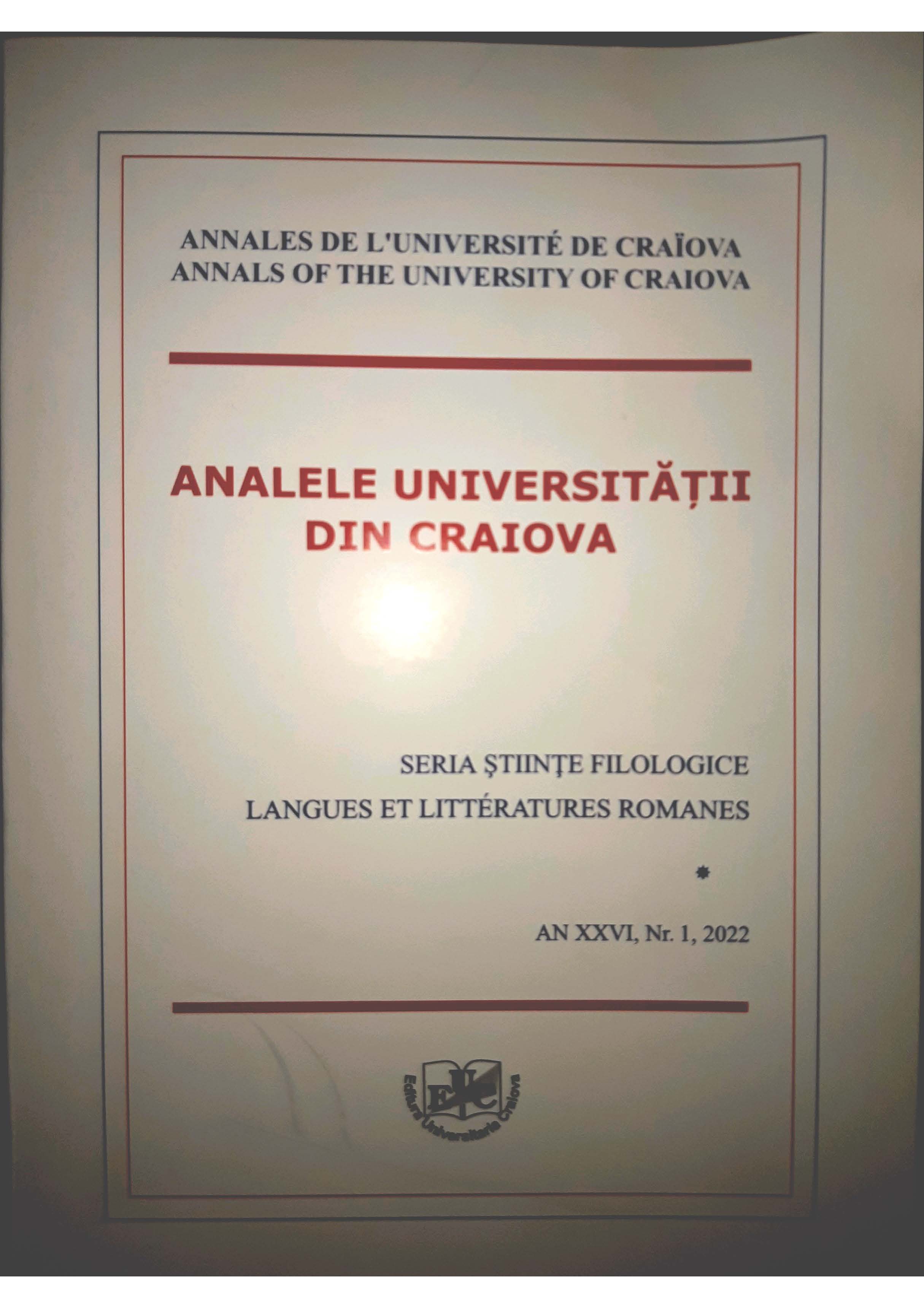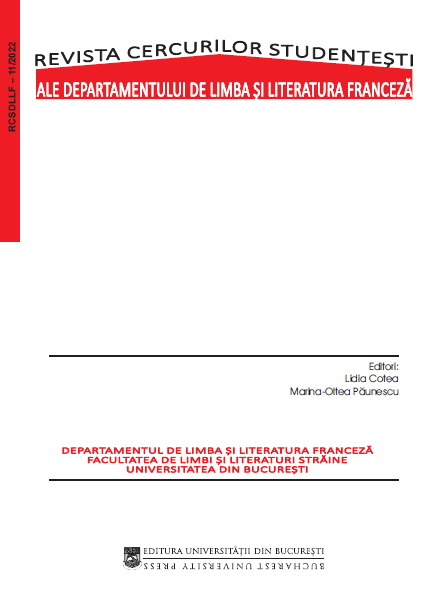
Le néo-français de Raymond Queneau à l’épreuve de la traduction – défis et limites
The divorce between the written and the spoken French has been one of Raymond Queneau’s preoccupations for over thirty years. His literary project, the neo-French, was however abandoned in the late years of his activity, when the author admitted being in the wrong with regards to the evolution of French. Despite the project’s failure, the neo-French remains one of the central elements of Queneau’s thinking and its understanding is crucial not only for the exegesis of his works, but also for their correct translation.
More...
